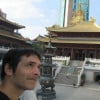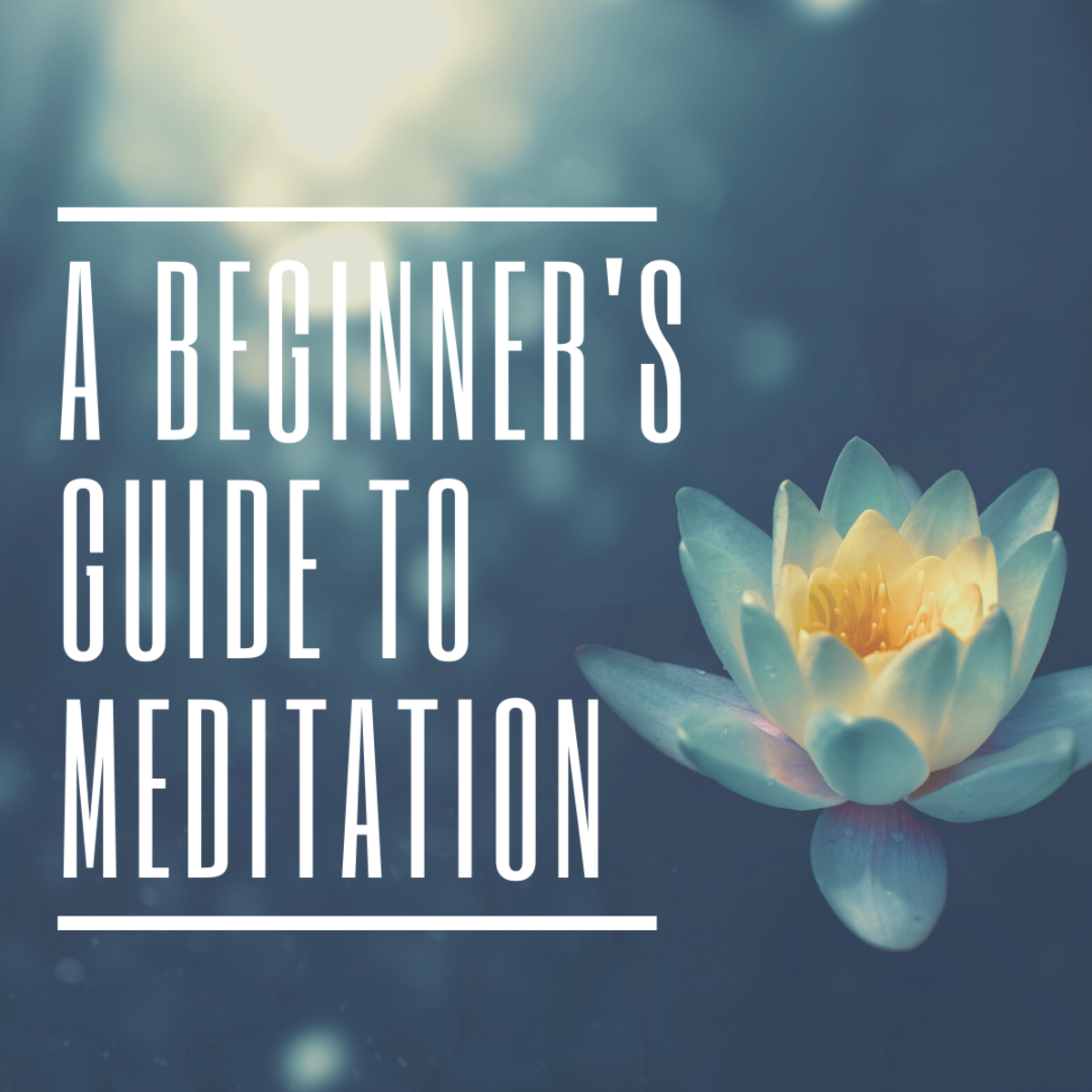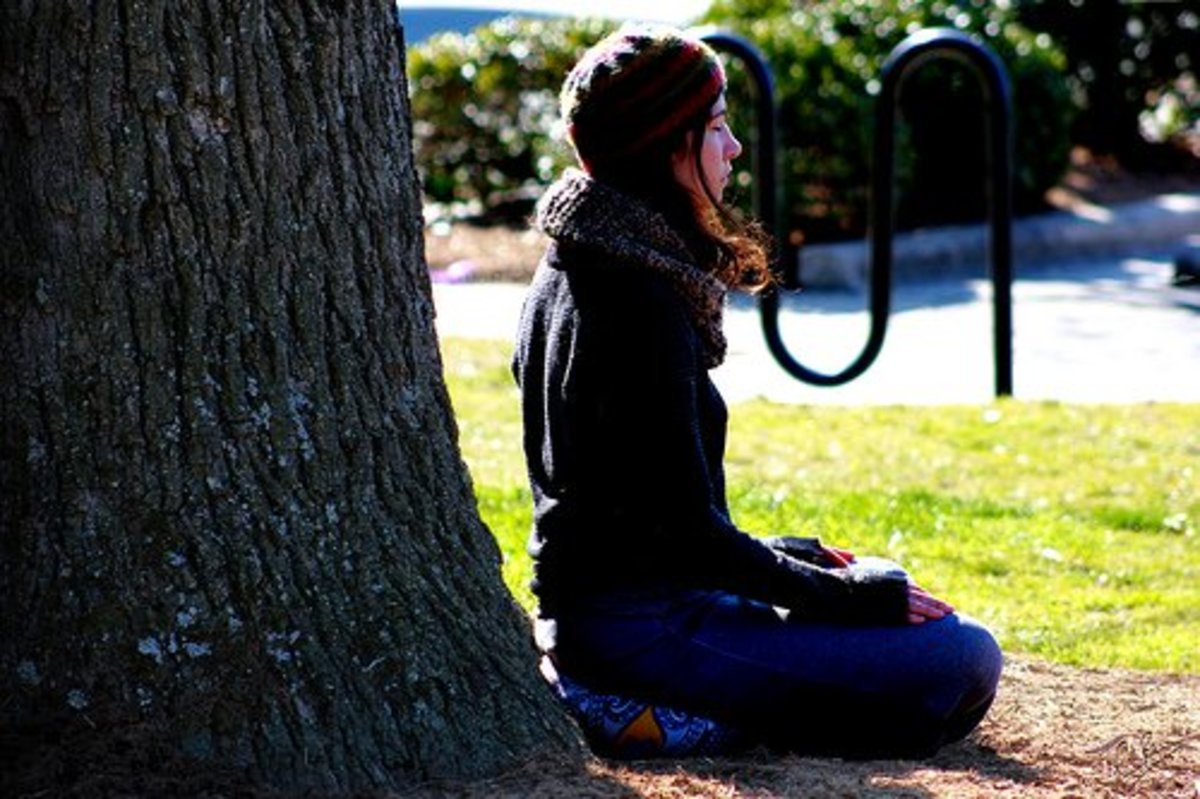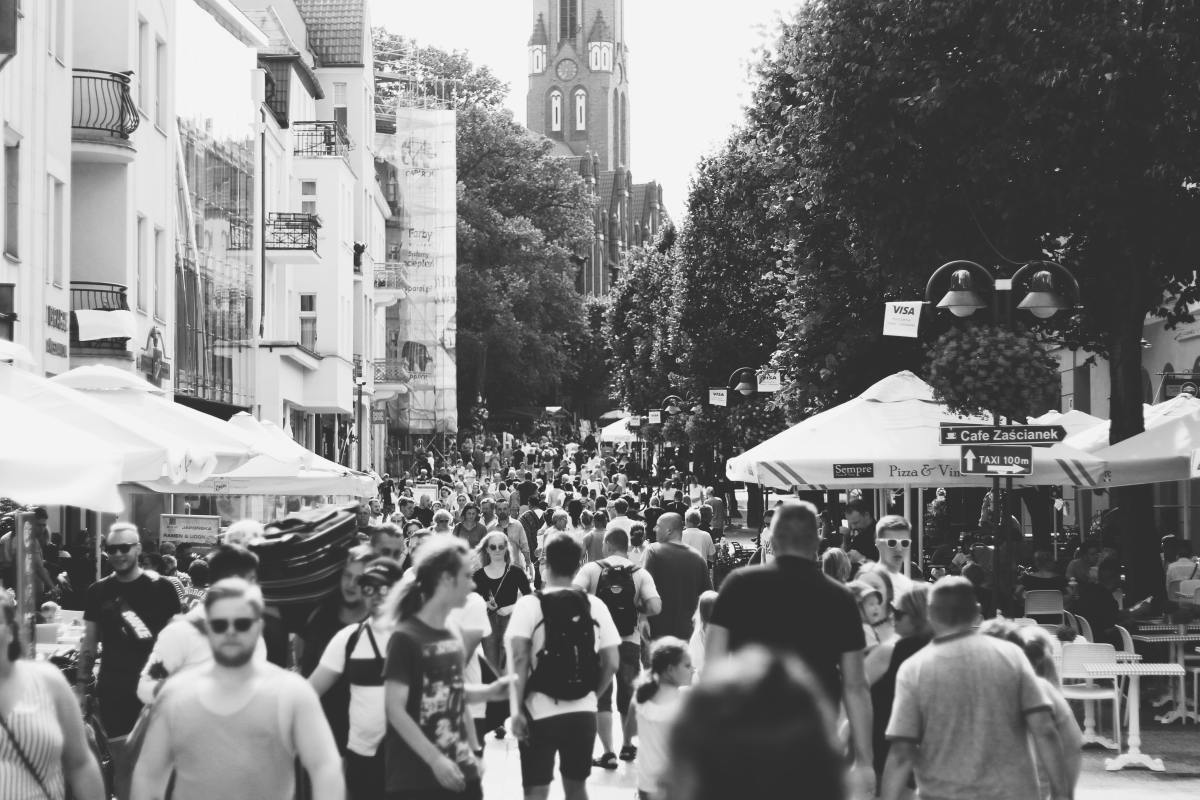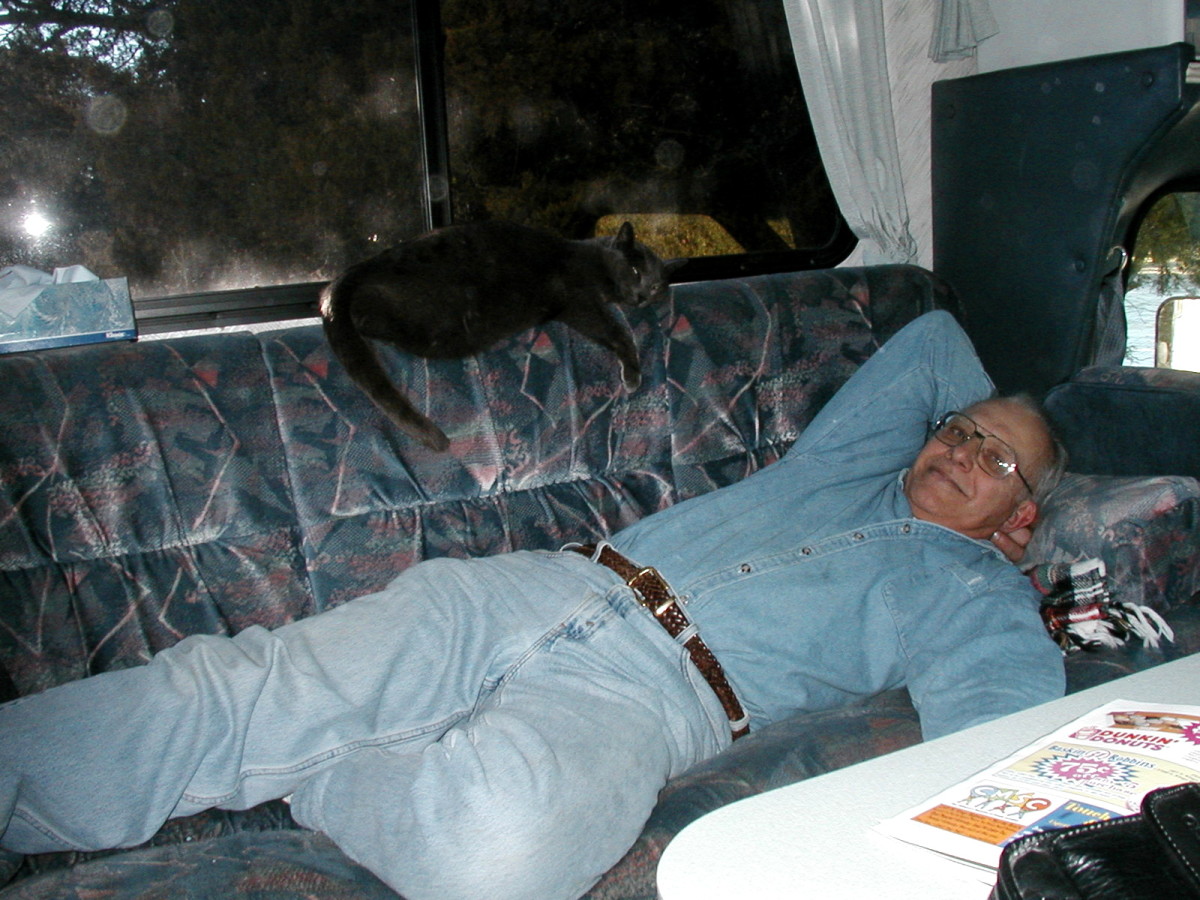Learning How to Meditate in these Strange Times
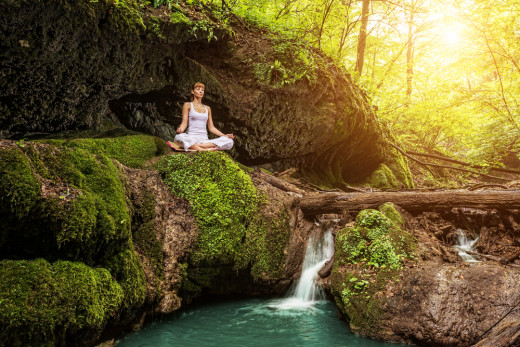
There is an Indian proverb: You are given a certain number of breaths in your lifetime – take them slower and you will live longer.
There is an Indian proverb: You are given a certain number of breaths in your lifetime – take them slower and you will live longer.
For a long time, it was enough to just read about it, and to try to keep a sense of awareness, taking deep breaths throughout the day. Making a conscious effort to slow down my breathing – during times of great stress, or moments where I felt impatience.
In the past few years, I realized I needed to make meditation a regular part of my routine. My body was crying out – I felt on the verge of a breakdown. I started small, with what I felt I could fit into my schedule each day – 5 minutes, 10 minutes. As I began to do it more regularly, I pushed the time to 20 minutes, sometimes a half hour. Since I was working 40-50 hours a week at a day job teaching English – it’s what I felt I could do, on most days.
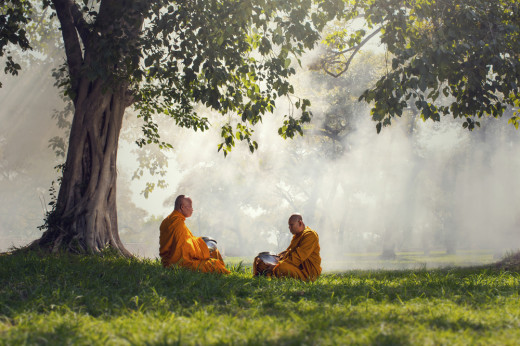
Using the mantras that Thich Nhat Hanh suggests help to keep the mind focused
I’m not strict about the posture. Sometimes I meditate in the Zen style, sitting in a chair, or cross-legged on the floor, conscious of holding a correct posture. Other times I’m lying on my back. I envision a clear blue sky in my mind, and as thoughts arise, I acknowledge them, and let them drift by, without getting attached or distracted. Sometimes using the mantras that Thich Nhat Hanh suggests to help keep my mind focused: “In, out. Deep, slow. Calm, ease. Smile, release.” One for the in-breath, one for the out-breath. (Don’t let too many rules get in the way of allowing you to start and to build confidence).
Other times, I might use the box breathing technique. Breathing in slowly for 5 to 6 seconds, holding it for the same amount of time, exhaling for 5 to 6 seconds, and holding that until beginning the next “box” or cycle. I find this really helps my body to fully relax, seems to slow down the nervous system, allows me to let go and release any tension I’m holding in my muscles. Often, a full body scan will help for this as well. Envisioning the air as a stream of pure, green, purifying energy, and focusing on it reaching each part of the body – internal organs, feet, legs, arms, hands, back, shoulders, neck, face/jaw, brain, eyes. This is very helpful for feeling where you are clenching, and where your muscles are tightening.
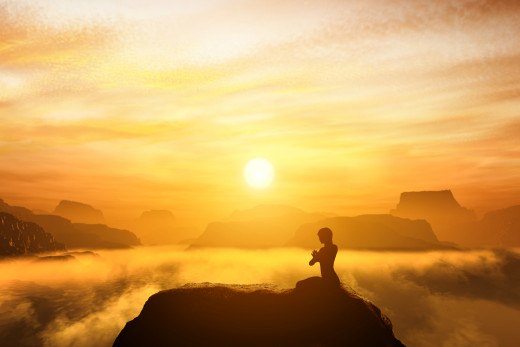
Too much stress is a poison for the body – and our society specializes in creating an overload of stress for many of us.
Too much stress is a poison for the body – and our society specializes in creating an overload of stress for many of us.
Over time, I began to see subtle changes in my daily life. I felt able to bear stress a little bit better, and the pressure did not seem so great. Any time it began to get to me, if I felt my blood pressure rising over some small situation, I would focus on the breath, on slowing down, calming my mind and body.
Meditation has become an essential part of my routine, and I can’t imagine living without it. And to focus attention on how the breath connects us to the planet, the environment. How the air, provided by the atmosphere, the trees, is part of us. We don’t exist without it, as we don’t exist without the water the planet provides, and other sources of sustenance. Meditating on these thoughts, and cultivating gratitude for being here, at this moment in time.
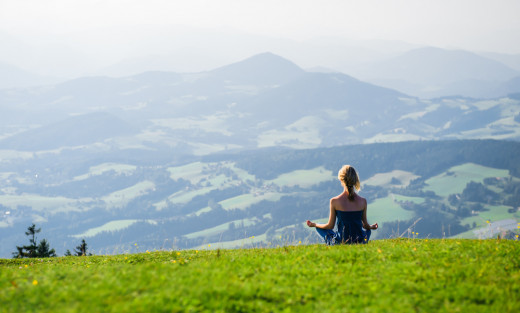
The Buddha said – “Be an island unto yourself”
It’s essential to be able to center yourself, ground yourself in what is important. To have this place of calm inside yourself to retreat to, no matter what kind of weather, what kind of storms are raging in the world.
For me, meditation has changed and shaped every aspect of my life. It gives you the peace, the inner calm to do this, while at the same time, making you more aware, and appreciative, of the connection you have to life, to the planet. The connection that all us share. We are creatures of time, creatures who are part of the web of life.
If you have not meditated, I would suggest starting small, even 5 minutes a day, or whatever you can work into your schedule. It could be the most important thing you do, for your physical, mental, spiritual health.
I also suggest books by Thich Nhat Hanh and Pema Chodron. Both of whom have been huge sources of inspiration for me along my journey.
Afterword:
In this time of quarantines with Covid-19 – one upside, wildlife has a little breathing room for a while. Pollution has cleared in many places where the usual industry has ground to a halt. I am appreciating the peace and quiet in my small college town, and seeing people out for walks on nature trails just outside of town. We have more free time as well, and a break from our usual routines. It is a good time for self-care, to take some steps to exercise, and make positive changes in our lives. It could be the perfect time to try meditation, to help calm the sense of anxiety and find some balance in these strange and uncertain times.
